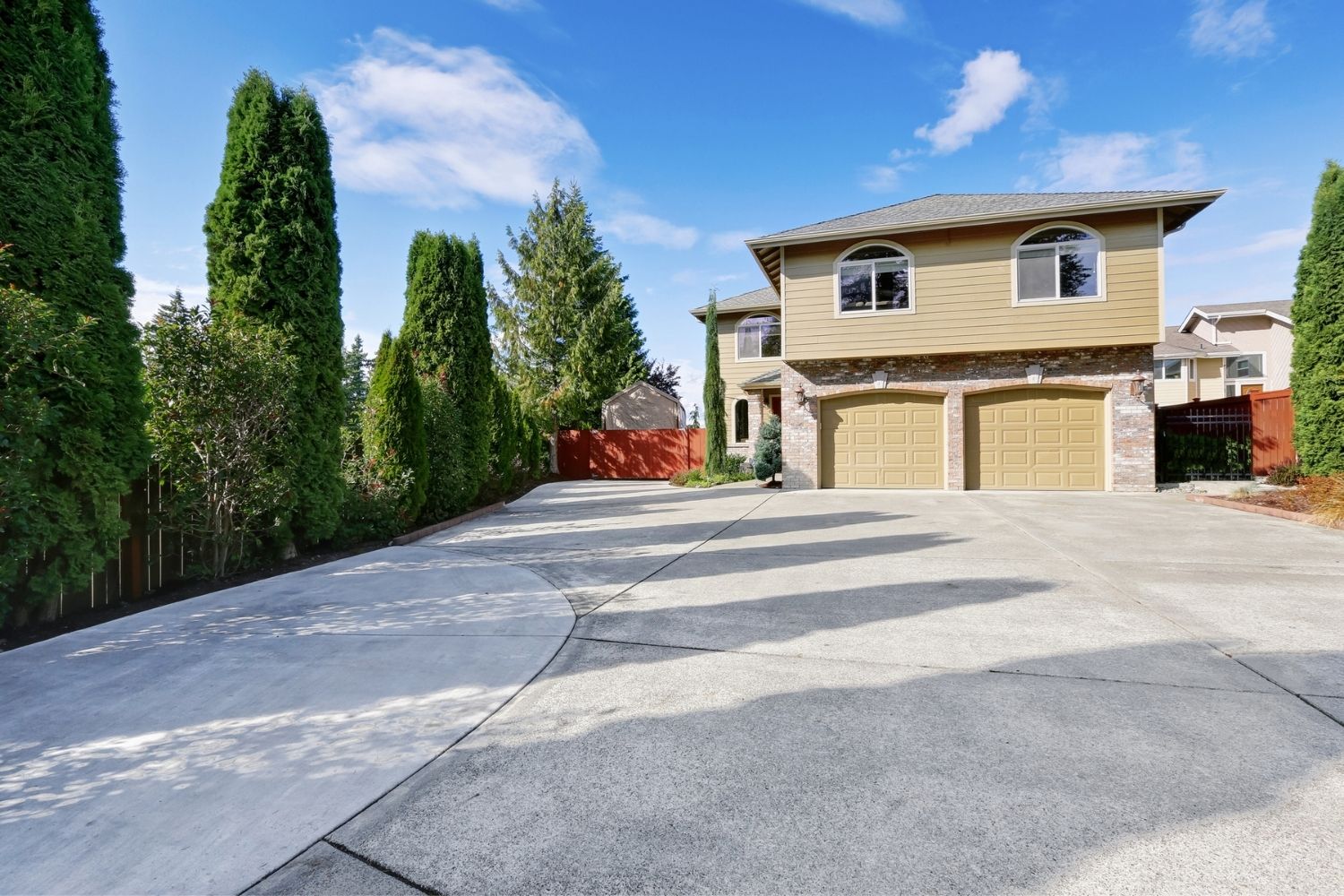

Articles
How Much Does It Cost To Build A Driveway
Modified: November 1, 2024
Find out the average cost of installing a driveway in this comprehensive guide. Read articles and expert advice on how much it will cost you
(Many of the links in this article redirect to a specific reviewed product. Your purchase of these products through affiliate links helps to generate commission for Storables.com, at no extra cost. Learn more)
Introduction
Installing a driveway is a significant investment that can greatly enhance the curb appeal and functionality of your property. Whether you’re building a new home or looking to improve your current driveway, it’s important to understand the factors that affect the cost of driveway installation. By having a clear understanding of these factors, you can make informed decisions and ensure that the end result meets your expectations.
The cost of driveway installation can vary greatly depending on several factors, including the size, material, and complexity of the project. Additionally, regional differences in labor costs and availability of materials can also impact the overall cost. It’s essential to consider these factors in order to accurately estimate the expenses involved and plan your budget accordingly.
In this article, we will explore the various factors that affect driveway installation costs and provide you with a comprehensive breakdown of the different types of driveways and their associated costs. We will also discuss additional expenses that may arise during the installation process, as well as provide tips for saving money on driveway installation.
Whether you’re considering a concrete driveway, asphalt driveway, gravel driveway, or even a paver driveway, understanding the cost breakdown will help you make an informed decision that aligns with your budget and preferences. Additionally, we will discuss the pros and cons of DIY driveway installation versus hiring a professional to ensure that you make the best choice for your specific needs.
So, if you’re ready to dive into the world of driveway installation costs and gain valuable insights that will help you make sound decisions, let’s get started. By the end of this article, you’ll have a clear understanding of the cost factors involved in driveway installation and be well-equipped to embark on your driveway project with confidence.
Key Takeaways:
- Factors such as size, material, site preparation, and labor significantly impact driveway installation costs. Understanding these factors helps in accurate budgeting and informed decision-making for a functional and visually appealing driveway.
- To save money on driveway installation, consider cost-effective materials, optimizing dimensions, obtaining multiple quotes, and prioritizing regular maintenance. Careful planning and negotiation can lead to a cost-effective and high-quality driveway.
Factors Affecting Driveway Installation Costs
The cost of installing a driveway can vary significantly depending on several factors. Understanding these factors is crucial to accurately estimate the expenses involved and plan your budget accordingly. Let’s take a closer look at the key factors that can impact driveway installation costs.
1. Size and Shape:
The size and shape of the driveway play a significant role in determining the overall cost. Larger driveways require more materials and labor, resulting in higher costs. Additionally, irregularly shaped driveways or those with complex designs may require more time and effort to install, leading to increased expenses.
2. Material Selection:
The choice of driveway material can greatly influence the cost. Popular options include concrete, asphalt, gravel, and pavers. Each material has its own pros and cons, longevity, and upfront cost. Concrete and pavers tend to be more expensive initially, but they offer durability and an attractive finish. On the other hand, gravel is a more affordable option upfront, but it may require ongoing maintenance.
3. Site Preparation:
The condition of the site before installation plays a crucial role in determining the cost. If the ground needs extensive preparation or grading, additional labor and machinery may be required, resulting in higher expenses. Factors such as removing existing vegetation, leveling the ground, or addressing drainage issues can significantly impact the overall installation cost.
4. Accessibility:
The accessibility of your property can also affect driveway installation costs. If your property is located in a remote or challenging-to-reach area, it may require additional transportation costs for materials and equipment. Similarly, if there are obstacles such as trees, utility lines, or existing landscaping features that need to be removed or worked around, it can increase the overall expenses.
5. Climate and Weather Conditions:
The climate and weather conditions in your region can impact the durability and longevity of the driveway material you choose. If you live in an area with extreme weather conditions, such as heavy rainfall or freezing temperatures, you may need to invest in additional measures to protect and reinforce the driveway, thereby increasing the overall cost.
6. Labor Costs:
The cost of labor can vary depending on the region and the complexity of the project. Skilled and experienced contractors may charge higher rates but can ensure quality installation. It’s important to get multiple quotes from reputable contractors to compare prices and choose the one that offers the best value for your specific needs.
By considering these key factors, you can estimate the costs associated with driveway installation more accurately. Understanding the impact of these factors will help you make informed decisions and ensure that your driveway project stays within your budget while meeting your requirements.
Types of Driveways and Their Costs
When it comes to driveways, there are several options available, each with its own advantages, disadvantages, and associated costs. Let’s explore some of the most popular types of driveways and their respective costs.
1. Concrete Driveways:
Concrete driveways are a popular choice due to their durability and versatility. They can withstand heavy vehicles and require minimal maintenance. Concrete driveways can be plain, stamped, or stained to achieve a customized look. The cost of a concrete driveway typically ranges from $4 to $15 per square foot, depending on factors such as site preparation, design complexity, and decorative finishes.
2. Asphalt Driveways:
Asphalt driveways are known for their affordability and quick installation process. They offer a smooth and comfortable driving surface and are resistant to weather and temperature fluctuations. The cost of an asphalt driveway usually ranges from $2 to $6 per square foot, depending on the thickness of the asphalt and the size of the project.
3. Gravel Driveways:
Gravel driveways are a budget-friendly option that provides a rustic and natural look. They are relatively easy to install and allow for good drainage. The cost of a gravel driveway typically ranges from $1 to $4 per square foot, depending on the type of gravel used, the depth of the gravel layer, and the size of the area to be covered.
4. Paver Driveways:
Paver driveways offer a wide range of design options and can add an aesthetic appeal to your property. They are made from individual interlocking concrete or natural stone pavers, allowing for easy repairs if any damage occurs. Paver driveways are more expensive upfront, with costs ranging from $8 to $20 per square foot, depending on the type of pavers chosen, design complexity, and site preparation requirements.
5. Grassy/Grass Paver Driveways:
Grassy or grass paver driveways are a sustainable and eco-friendly option that combines the benefits of a traditional driveway with the beauty of a green lawn. They are made of reinforced plastic materials and allow grass or vegetation to grow through the openings, creating a permeable surface. The cost of a grassy or grass paver driveway varies depending on the type of materials used and the size of the project.
It’s important to note that these cost ranges are general estimates and can vary depending on factors such as location, site conditions, labor costs, and any additional customizations or features you may choose for your driveway. It’s recommended to get multiple quotes from reputable contractors to get a more accurate cost estimate for your specific project.
When choosing a driveway type, consider factors such as your budget, maintenance requirements, desired aesthetics, and the amount of traffic the driveway will receive. By selecting the right type of driveway for your needs and budget, you can enjoy a functional and visually appealing entrance to your property for years to come.
Cost Breakdown of Driveway Installation
Driveway installation costs can vary significantly based on various factors, such as the size, material, complexity, and location of the project. It’s important to understand and analyze the different cost components involved in driveway installation to accurately estimate the overall expenses. Let’s break down the cost factors to give you a clearer understanding of driveway installation costs.
1. Materials:
The cost of materials is a significant portion of the overall expense. The price per square foot of each material, such as concrete, asphalt, gravel, or pavers, varies. Additionally, the quality and durability of the material also impact the cost. It’s essential to consider the long-term benefits and maintenance requirements of each material when calculating the cost.
2. Labor:
The labor cost is another major component of driveway installation expenses. It typically includes site preparation, excavation, leveling, laying the base, and installing the chosen material. Labor costs vary based on the local rates, project complexity, and the expertise and reputation of the contractor hired. It’s advisable to get multiple quotes from reputable contractors to ensure competitive pricing.
3. Site Preparation:
Preparation of the site before installation can incur additional costs. This includes clearing vegetation, removing existing driveways or obstructions, grading the land, addressing drainage issues, and ensuring a solid base for the new driveway. The complexity of site preparation required can impact the overall cost of installation.
4. Equipment and Machinery:
Driveway installation often requires the use of specialized equipment and machinery, such as excavators, compactors, and paver machines. The rental or use of this equipment adds to the total installation cost. The type and amount of equipment needed depend on factors such as the size and complexity of the project.
5. Additional Features:
Depending on your preferences, you may want to include additional features that enhance the functionality or aesthetics of your driveway. This could include edging, borders, decorative patterns, lighting, or even a gated entrance. The inclusion of such features will incur additional costs, so it’s important to factor them into the overall budget.
6. Miscellaneous Costs:
There may be other miscellaneous costs associated with driveway installation, such as obtaining necessary permits, hiring an engineer for site evaluation, or additional inspections. These costs can vary based on local requirements and regulations.
It’s important to note that the cost breakdown provided here is a general guideline, and actual costs can vary widely based on individual circumstances. To get an accurate estimate, it’s recommended to consult with reputable contractors who can assess your specific project requirements and provide you with a detailed breakdown of the costs involved.
By understanding the cost breakdown of driveway installation, you can make informed decisions, plan your budget effectively, and ensure that the end result aligns with your expectations and needs.
Get multiple quotes from different contractors to compare costs. Consider the materials (asphalt, concrete, gravel) and the size of the driveway when getting estimates. Don’t forget to factor in any necessary permits or site preparation.
Additional Costs to Consider
When planning for driveway installation, it’s important to consider additional costs that may arise during the project. These costs can impact your budget and should be accounted for to ensure a smooth and successful installation process. Let’s take a look at some common additional costs to consider.
1. Excavation and Removal:
If you’re installing a new driveway or replacing an existing one, excavation and removal costs may apply. This includes the removal of any existing materials, such as old concrete or asphalt, as well as the excavation of the ground to prepare for the new driveway. The complexity and size of the excavation required will impact the cost.
2. Drainage Solutions:
Proper drainage is essential to prevent water pooling or erosion on your driveway. Depending on the site conditions and any existing drainage issues, additional measures may be needed to ensure effective drainage. This can include installing drainage pipes, French drains, or catch basins. The cost of drainage solutions will depend on the extent of the problem and the required measures.
3. Permits and Regulations:
Before starting any driveway installation, it’s important to check local building codes and regulations. Depending on your location, you may need to obtain permits or pay certain fees for the installation. These costs can vary and should be taken into account during the planning phase.
4. Maintenance and Repairs:
While the initial installation cost is important, it’s also crucial to consider long-term maintenance and repair expenses. Different driveway materials require varying degrees of maintenance, such as sealing, resurfacing, or patching cracks. Regular maintenance can help extend the lifespan of your driveway but may also incur additional costs over time.
5. Landscaping and Restoration:
After the driveway installation is complete, you may need to consider landscaping and restoration costs. This includes repairing any damage to surrounding landscaping or vegetation, reseeding or sodding grass areas affected by construction, or planting new foliage to enhance curb appeal. These costs will depend on the extent of the landscaping work required.
6. Upgrades and Additions:
During the planning stage, you may decide to incorporate additional upgrades or features into your driveway project. This can include decorative borders, lighting, or even a remote-controlled gate. It’s important to consider the cost of these upgrades and additions when budgeting for the project.
By accounting for these additional costs, you can ensure that your budget covers all aspects of the driveway installation, from start to finish. It’s advisable to consult with reputable contractors who can provide you with a detailed estimate that includes these potential additional costs. This will help you plan effectively and avoid any unexpected financial surprises during the installation process.
Read more: How Much Does It Cost For A Paver Driveway
DIY vs. Hiring a Professional
When it comes to driveway installation, one important decision to make is whether to tackle the project yourself or hire a professional contractor. Both options have their own advantages and considerations to keep in mind. Let’s explore the pros and cons of DIY driveway installation versus hiring a professional.
DIY Driveway Installation:
Pros:
1. Cost Savings: DIY installation can potentially save you money on labor costs. By taking on the project yourself, you can avoid paying for professional services.
2. Control and Flexibility: DIY allows you to have full control over the design and installation process. You can customize your driveway to your specifications and have the freedom to make changes as you go.
3. Personal Satisfaction: Completing a DIY project can be rewarding and give you a sense of accomplishment.
Cons:
1. Skill and Knowledge: Driveway installation requires specific skills and expertise. If you lack experience and knowledge in paving, grading, and other necessary techniques, you may encounter challenges or end up with subpar results.
2. Time and Effort: Installing a driveway is labor-intensive and time-consuming. It requires physical exertion, equipment rental, and handling of heavy materials. DIY installation can be more time-consuming, potentially extending the project timeline.
3. Lack of Guarantees: DIY projects may not come with warranties or guarantees. If any issues arise in the future, you may be solely responsible for repairs or replacements.
Hiring a Professional:
Pros:
1. Expertise and Experience: Professional contractors have the necessary knowledge, skills, and experience to properly install driveways. They understand the nuances of site preparation, drainage, and material application, ensuring a quality installation.
2. Time and Efficiency: Contractors have the expertise and equipment to complete the installation efficiently. They can save you time by working on the project while you focus on other priorities.
3. Quality Assurance and Guarantees: Reputable contractors typically offer warranties or guarantees on their work. If any issues arise after installation, they can provide assistance and make necessary repairs.
Cons:
1. Cost: Hiring a professional contractor will involve labor costs, which can significantly add to the overall project expense.
2. Limited Control: Hiring a professional means relinquishing some control over the design and installation process. While you can provide input, the final decisions may be left to the contractor’s expertise.
Ultimately, the decision between DIY and hiring a professional depends on your level of skill, available time, budget, and comfort level with taking on a large-scale project. If you have the necessary skills and resources, DIY can save you money. However, if you lack experience or want the assurance of professional expertise, hiring a contractor is the more suitable choice.
It’s important to weigh the pros and cons and consider your specific circumstances before making a decision. If you do opt for DIY installation, be sure to thoroughly research and educate yourself on the necessary steps and techniques to ensure a successful outcome.
Tips for Saving Money on Driveway Installation
Driveway installation can be a significant investment, but there are ways to keep costs down without compromising on quality. Here are some tips to help you save money on your driveway installation project:
1. Compare Quotes:
Obtain multiple quotes from different contractors to compare prices and services. This will give you a better understanding of the average cost in your area and help you choose the most competitive offer.
2. Opt for Cost-Effective Materials:
Consider alternative materials that can offer durability and aesthetics at a lower cost. For example, gravel driveways are usually more affordable than concrete or paver driveways. Assess the pros and cons of each material and choose the one that fits your budget and preferences.
3. Minimize Excavation and Site Preparation:
Choose a location for your driveway that requires minimal excavation or site preparation. Avoid steep slopes or areas with complex terrain, as these can increase the cost due to the need for additional grading and leveling. A flat and easily accessible area can save you money on site preparation.
4. DIY Certain Tasks:
Consider doing some of the tasks yourself, such as clearing vegetation or removing existing driveways. However, be cautious and ensure you have the necessary skills and tools to complete the tasks safely and effectively. Hiring professionals only for specialized tasks can help reduce overall labor costs.
5. Optimize Dimensions:
Carefully plan the dimensions of your driveway to minimize unnecessary materials and costs. Avoid excessive width or length if it’s not essential for your needs. Keep in mind that larger driveways require more materials and labor, which can significantly impact the overall cost.
6. Consider Standard Designs:
Opting for standard design patterns or finishes can help lower costs compared to custom or intricate designs. Simple and clean designs often require less labor and materials, leading to cost savings.
7. Timing and Negotiation:
Consider scheduling the installation during the slow season for contractors, as they may offer discounted rates in order to fill their schedules. Additionally, don’t hesitate to negotiate with contractors to see if there are any opportunities for cost reductions or discounts.
8. Regular Maintenance:
Investing in regular maintenance of your driveway can help prolong its lifespan and save you money in the long run. Regular sealing, cleaning, and minor repairs can prevent major damage and the need for expensive repairs or replacements.
9. Long-Term Cost Analysis:
Consider the long-term costs associated with different driveway materials. While certain materials may be costlier upfront, they may require less maintenance and have a longer lifespan, ultimately saving you money in the long term.
10. Plan Ahead:
Proper planning and research are crucial to saving money. Take the time to explore different options, gather multiple quotes, and thoroughly understand the cost factors involved. This will enable you to make informed decisions and avoid unexpected expenses along the way.
By implementing these money-saving tips, you can ensure that your driveway installation stays within your budget while still achieving a high-quality and functional end result.
Conclusion
Installing a driveway is a significant investment that can enhance the curb appeal and functionality of your property. By understanding the factors that affect driveway installation costs, you can accurately estimate expenses and plan your budget effectively. Factors such as size, material, site preparation, and labor all contribute to the overall cost of installation.
There are several types of driveways to choose from, including concrete, asphalt, gravel, and paver driveways, each with its own costs and benefits. It’s important to consider the longevity, maintenance requirements, and aesthetic appeal of each material when making your decision.
When planning for driveway installation, it’s crucial to account for additional costs such as excavation, drainage solutions, permits, and ongoing maintenance. Being aware of these potential expenses will help you budget more effectively and avoid unexpected financial surprises.
Deciding whether to tackle the installation as a DIY project or hire a professional contractor is a significant consideration. While DIY can save you money on labor costs, it requires specific skills and expertise. Hiring a professional ensures quality workmanship, efficiency, and the potential for warranties or guarantees.
To save money on driveway installation, consider obtaining multiple quotes, opting for cost-effective materials, optimizing dimensions, and exploring DIY options for certain tasks. Planning ahead, negotiating with contractors, and prioritizing regular maintenance can also contribute to cost savings.
In conclusion, driveway installation involves various factors and decision-making processes that can impact the overall cost. By researching, comparing quotes, and considering your specific needs, you can make informed decisions and achieve a beautiful and functional driveway that fits your budget.
Remember to thoroughly assess your options, consult with reputable contractors, and prioritize both your short-term and long-term financial goals. With careful planning and consideration, your driveway installation project can be a successful and cost-effective investment in your property.
Frequently Asked Questions about How Much Does It Cost To Build A Driveway
Was this page helpful?
At Storables.com, we guarantee accurate and reliable information. Our content, validated by Expert Board Contributors, is crafted following stringent Editorial Policies. We're committed to providing you with well-researched, expert-backed insights for all your informational needs.
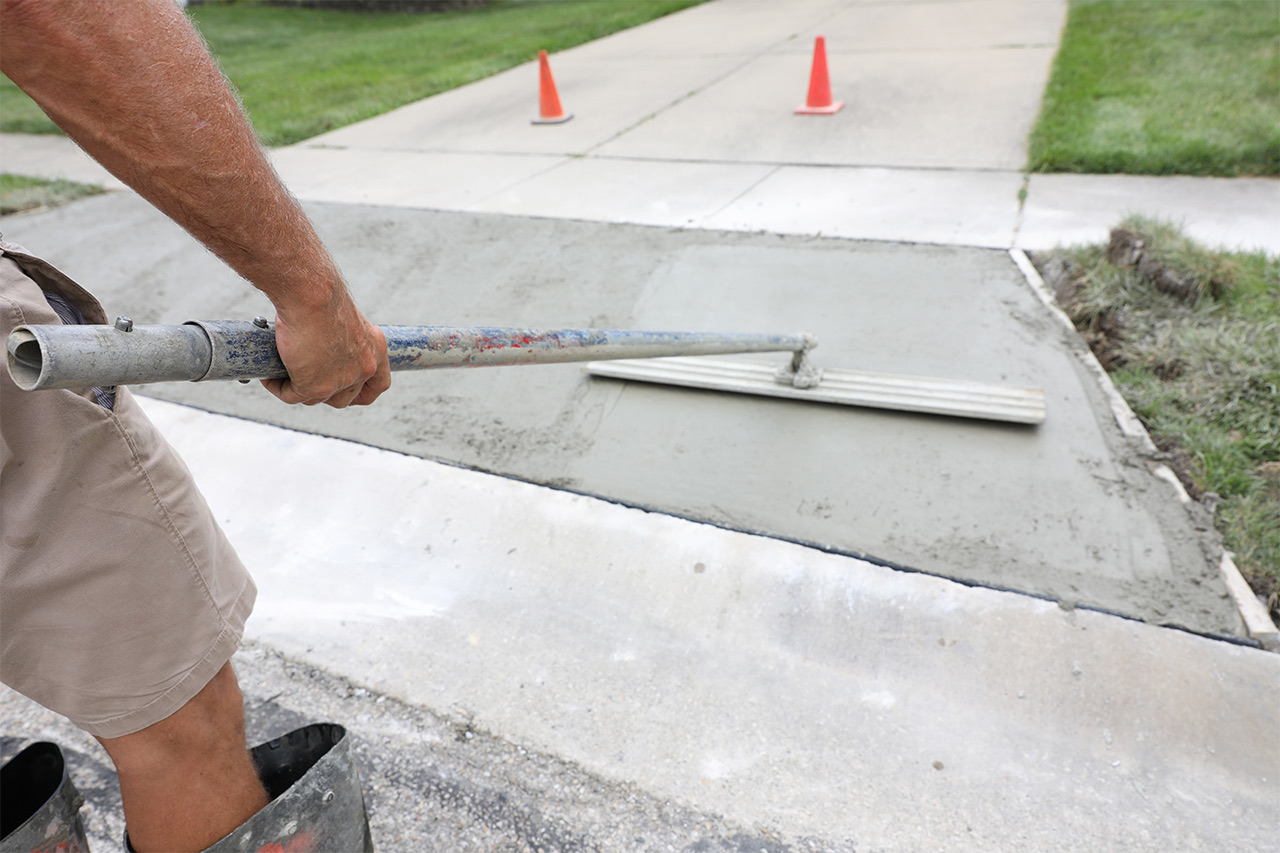
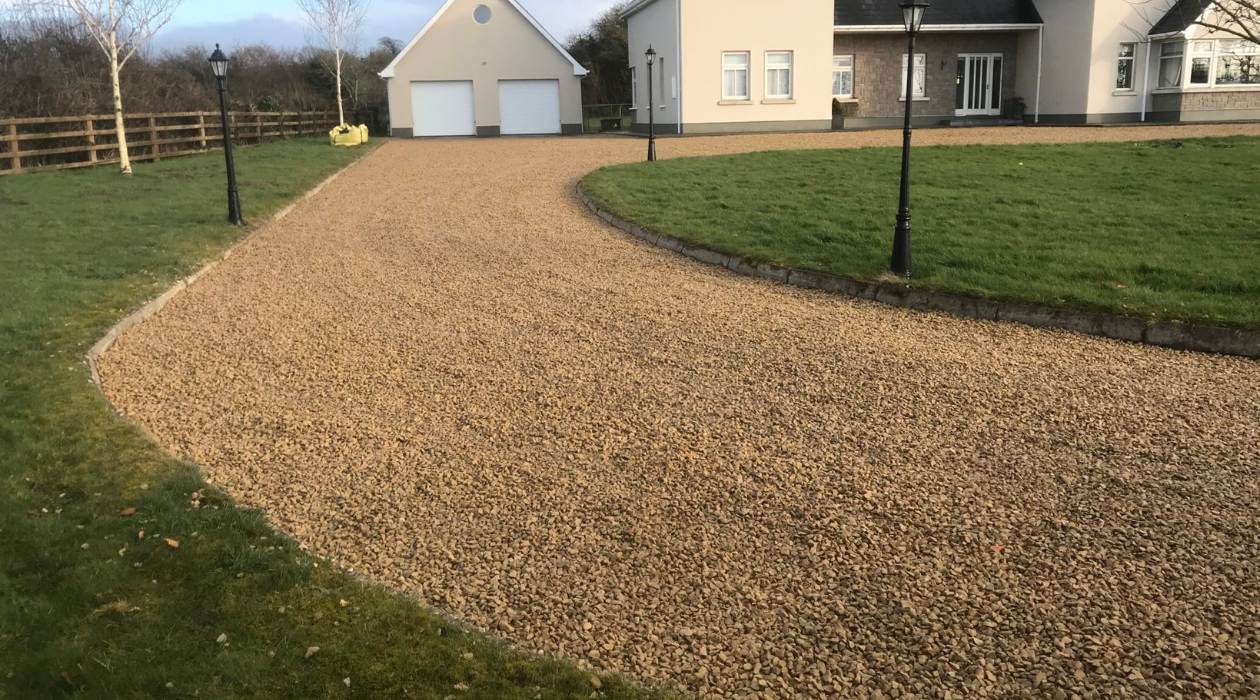
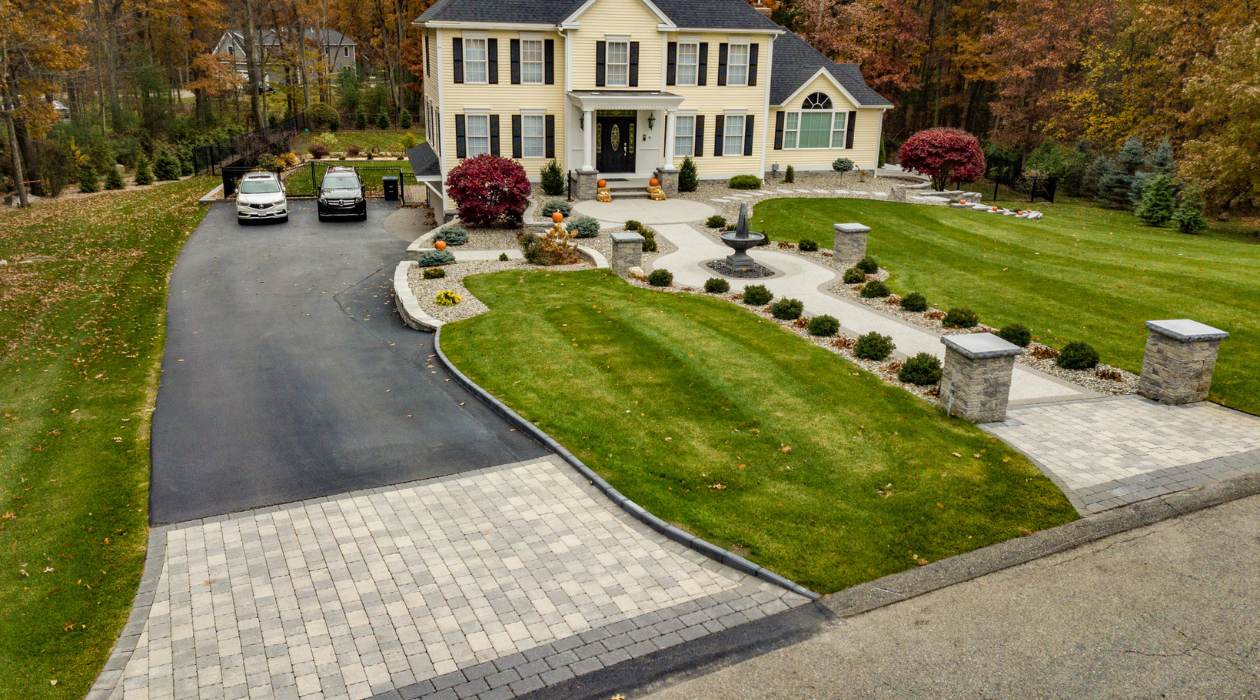
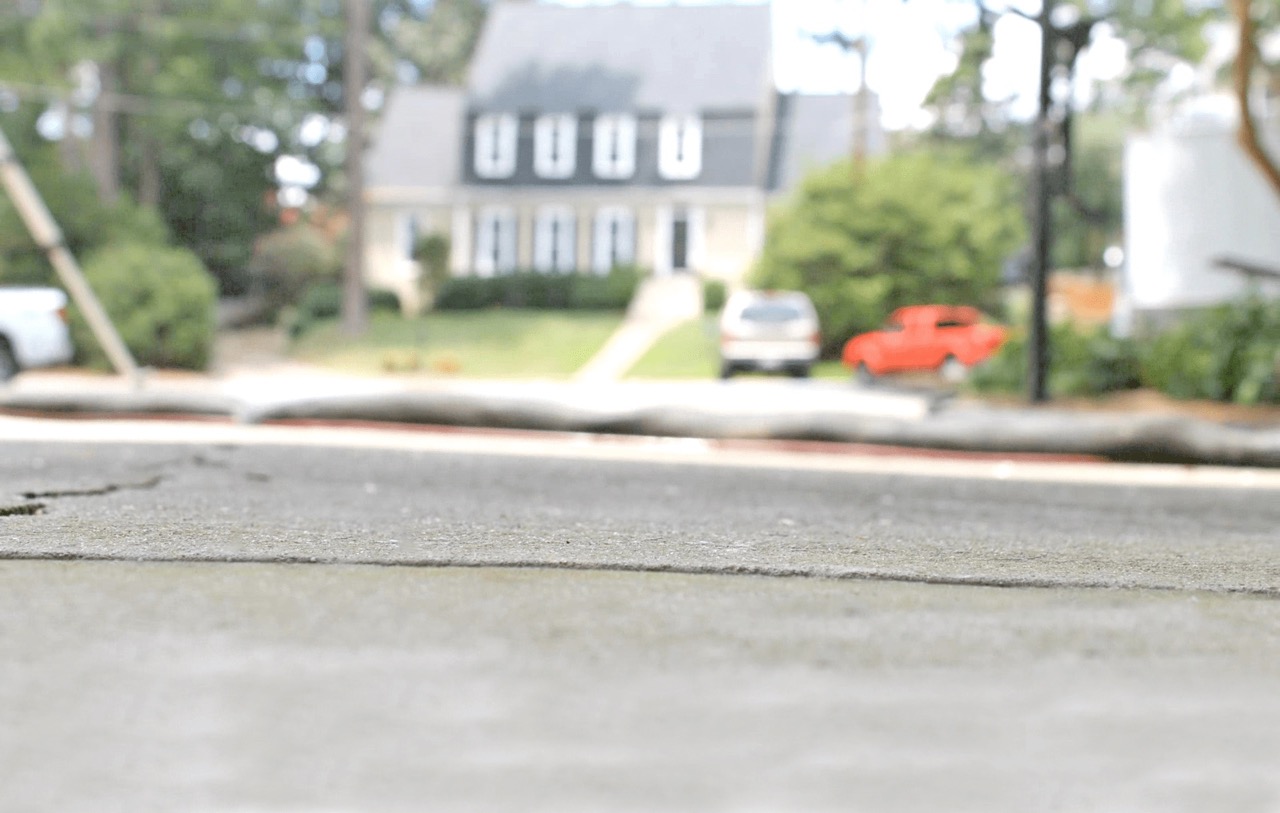
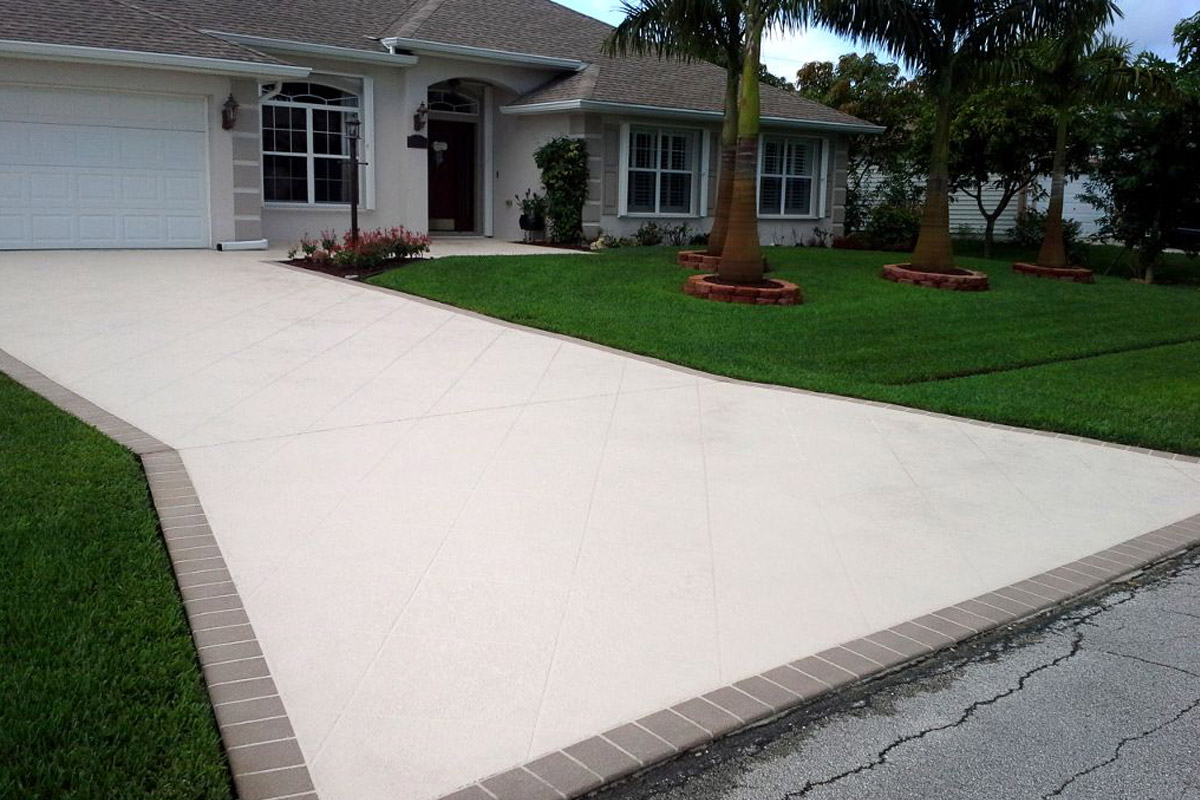
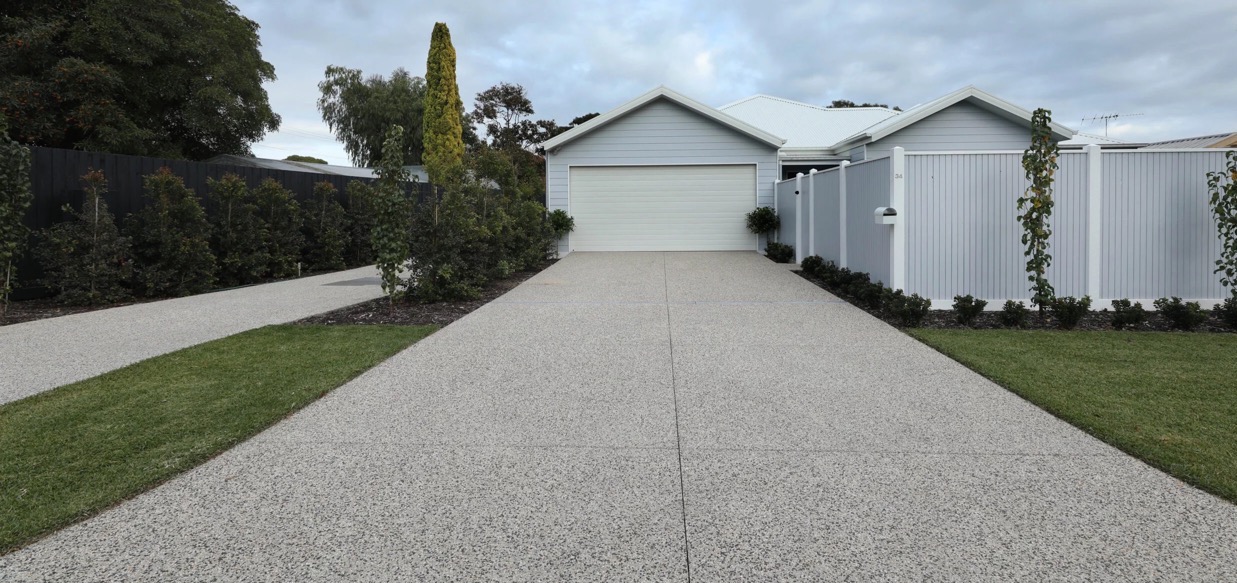
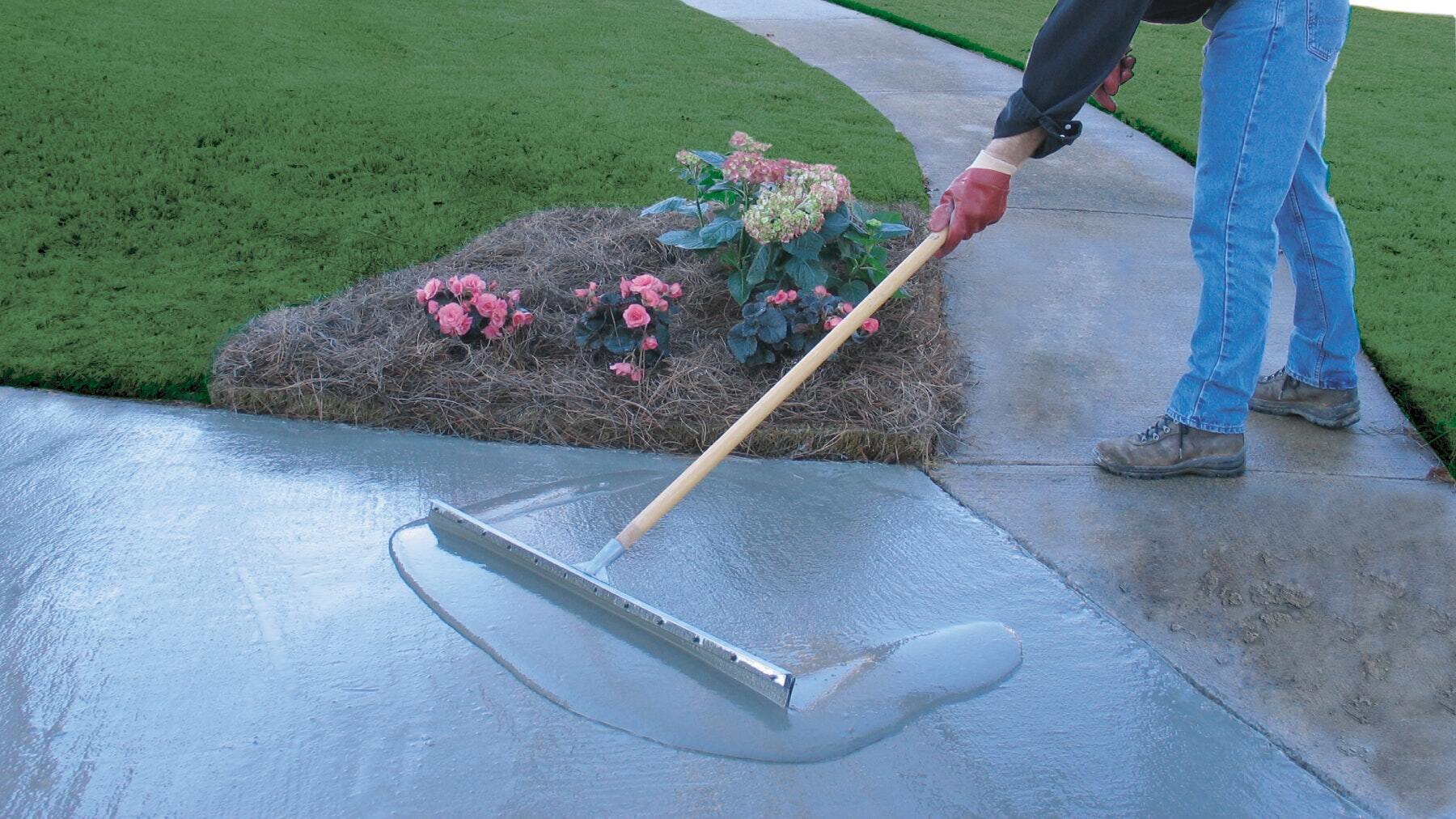
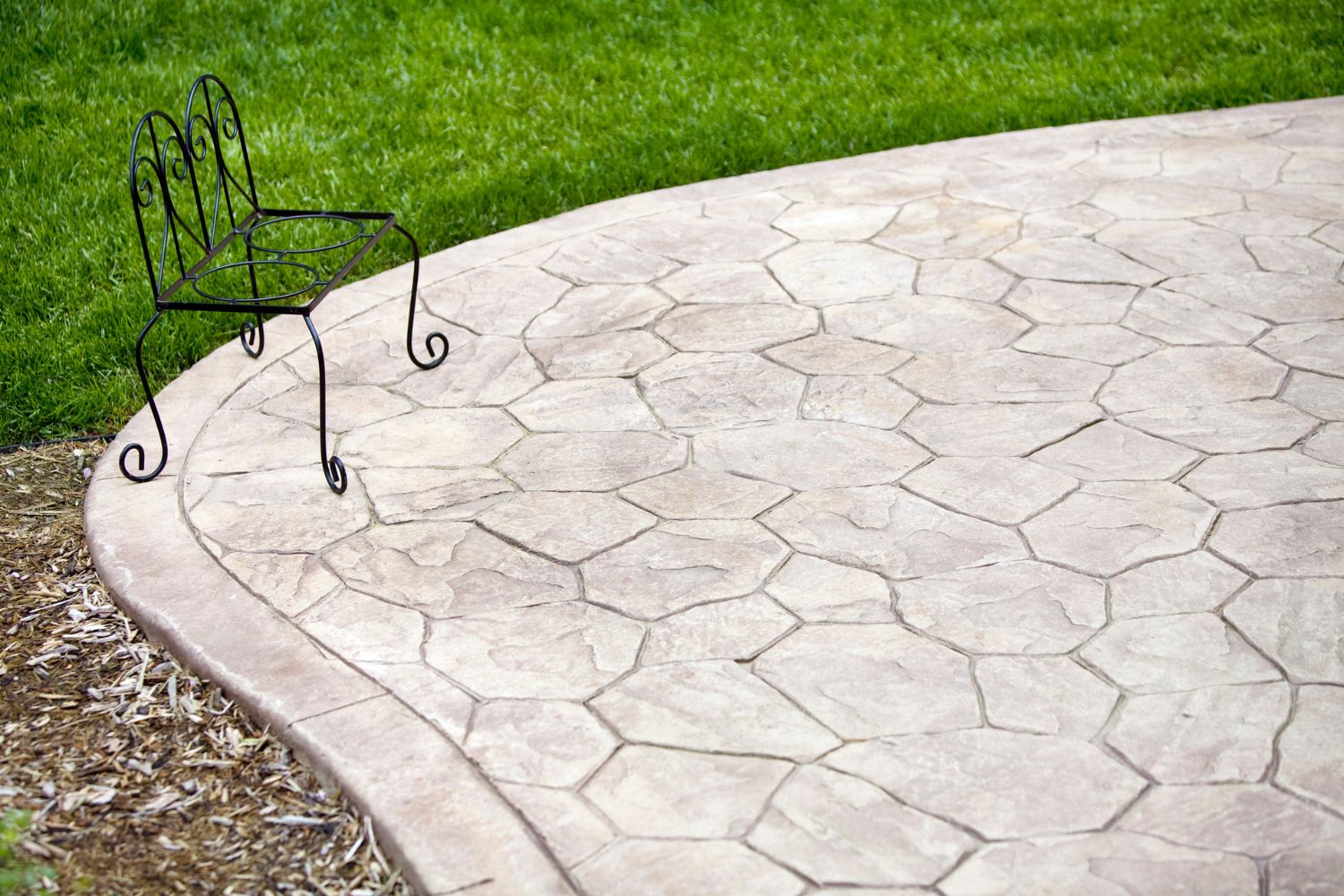

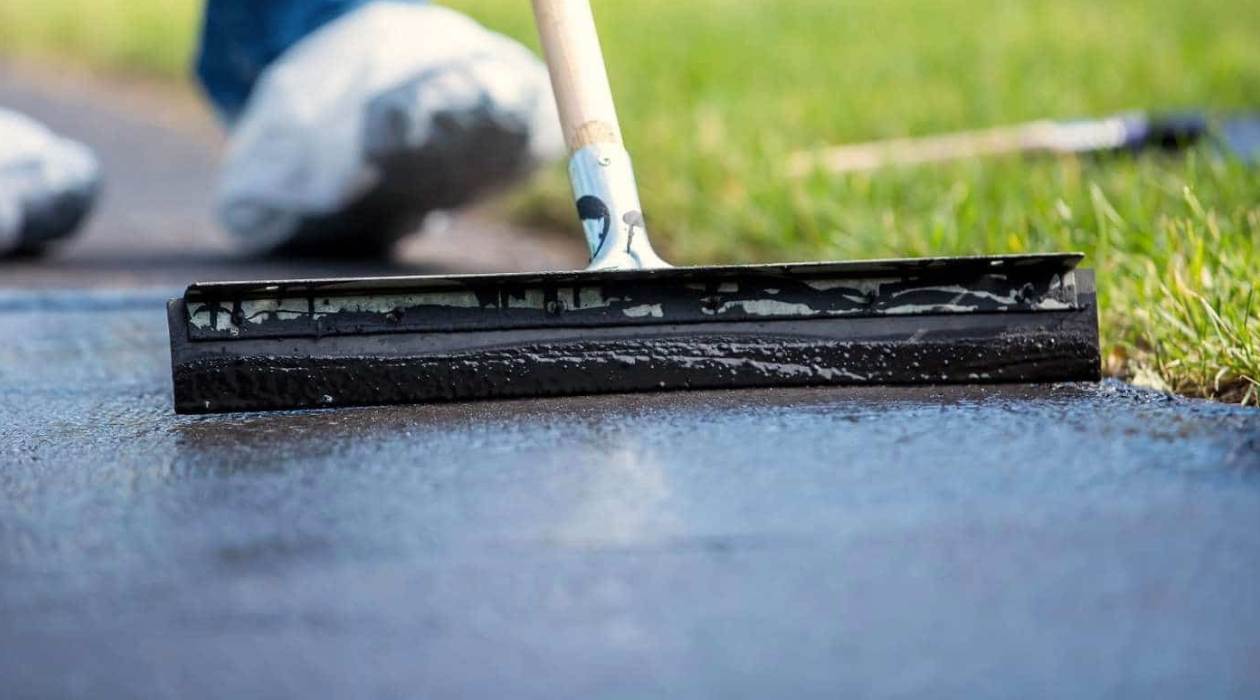
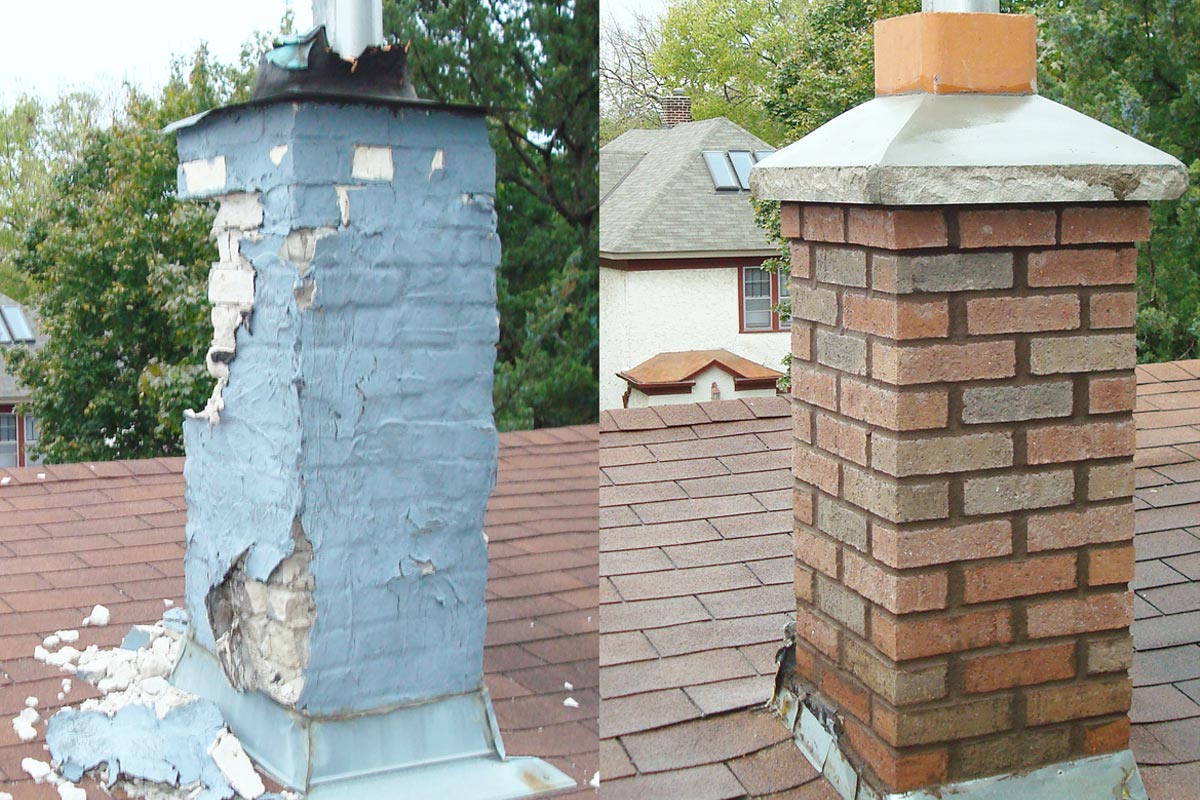

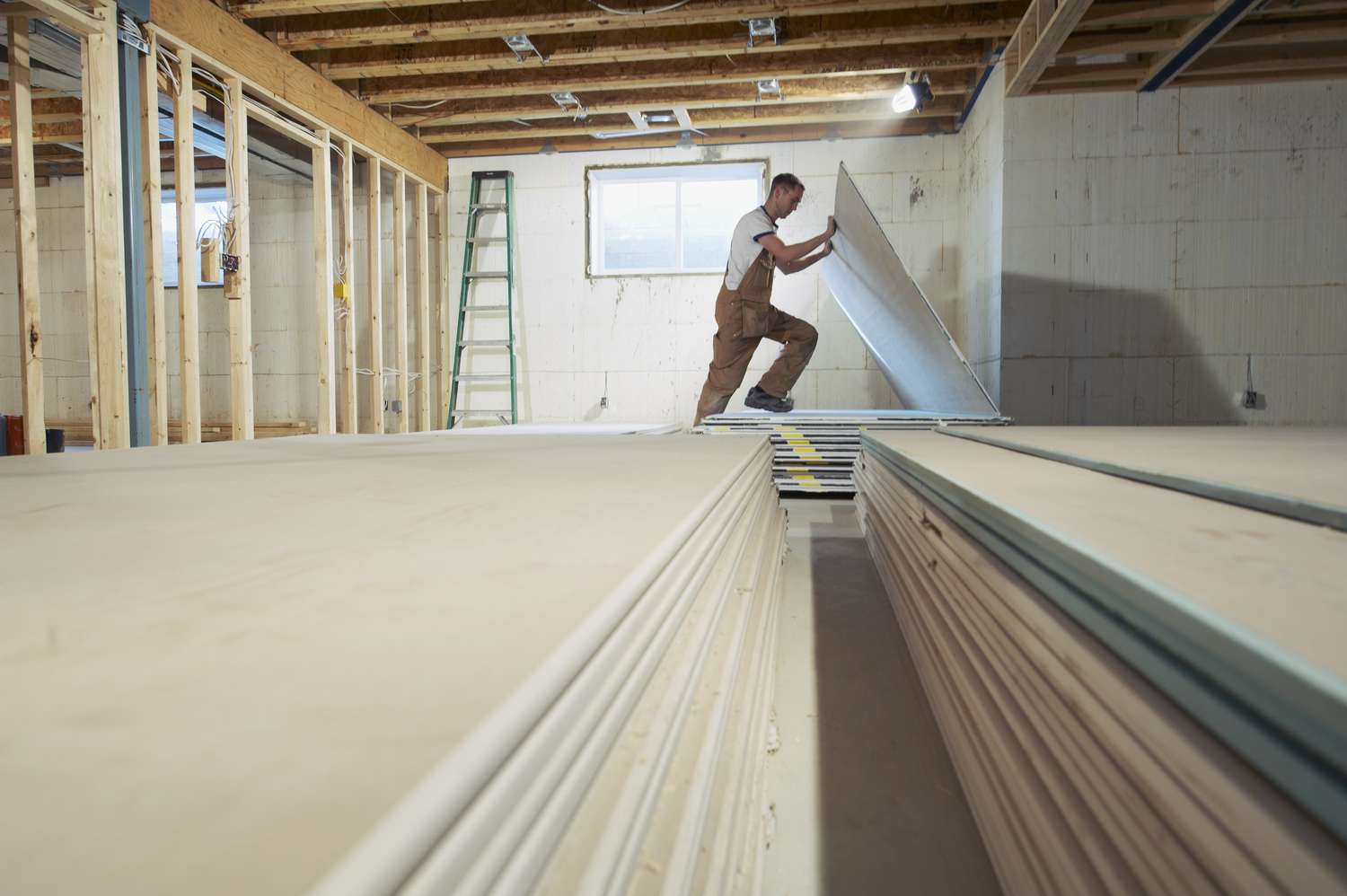


0 thoughts on “How Much Does It Cost To Build A Driveway”